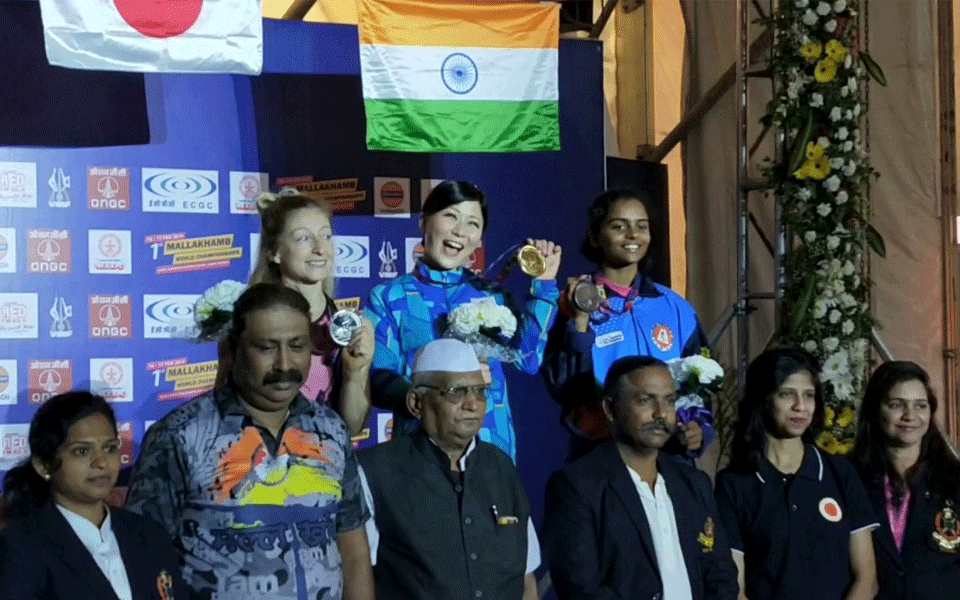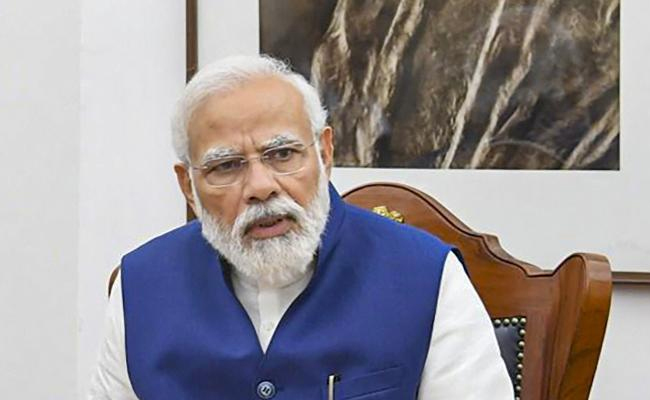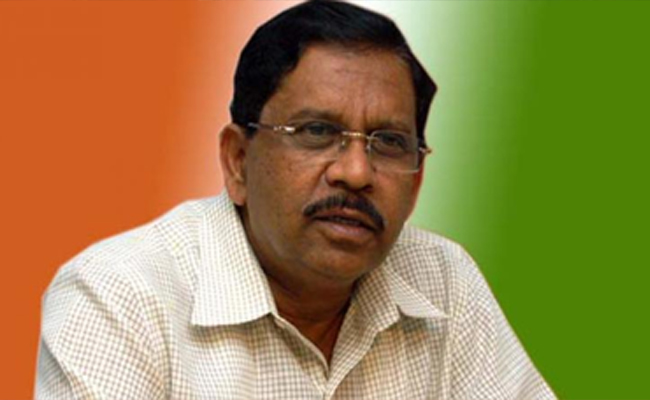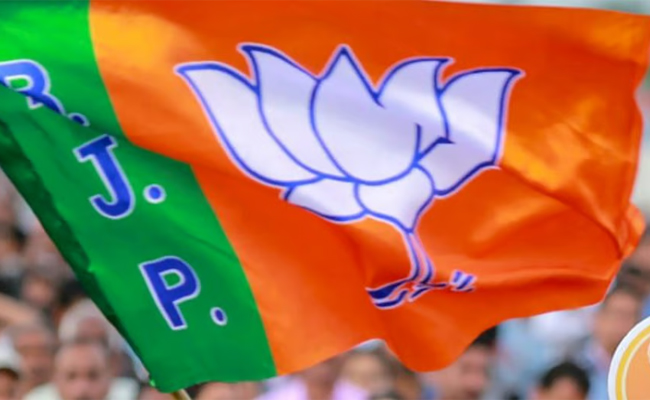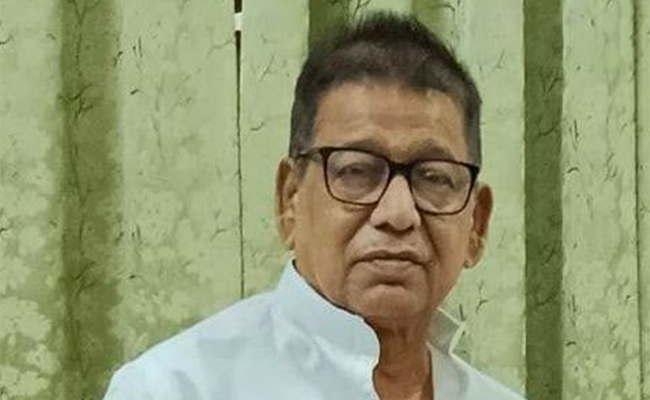Mumbai, Feb 17: India emerged as winners in the team event at the first Mallakhamb World Championship that concluded here Sunday.
The two-day tournament was held at Shivaji Park in central Mumbai, in which participants from 15 countries - Spain, Germany, Czech Republic, Italy, USA, Iran, Norway, England, France, Malaysia, Singapore, Japan, Vietnam, Bahrain, and hosts India - competed, a media release said.
On Sunday, the participants fought for the individual championships, it said.
The team championship was won by India with 244.73 points, while Singapore stood second with 44.45 and Malaysia came third with 30.22 points.
During the event, German mallakhamb team coach Ruth Anzenberger presented an audio-visual presentation about the workshops and practice of the ancient Indian sport held in his country.
The German team also demonstrated their skills on a rope as well as pole mallakhamb, the release stated.
The traditional sport is characterized by athletes performing a variety of yogic and gymnastic poses while suspended from a rope or on a pole.
Let the Truth be known. If you read VB and like VB, please be a VB Supporter and Help us deliver the Truth to one and all.
New Delhi: A remark made by an American journalist about Prime Minister Narendra Modi’s foreign policy stance towards Israel has triggered discussions online after a clip from a recent broadcast went viral on social media.
Ana Kasparian, co-host and executive producer of the progressive US news programme The Young Turks (TYT), made the comment while discussing Israel’s influence on global alliances and the foreign policies of various countries.
During the segment, Kasparian said: “It looks like Narendra Modi opening up his legs to Israel. Congratulations.”
The statement came in the context of a broader discussion by the programme’s hosts on Israel’s relations with global powers. Kasparian and her co-host Cenk Uygur criticised what they described as one-sided alliances with Israel and argued that such partnerships could draw countries into conflicts in the Middle East.
The discussion also touched on India’s growing strategic ties with Israel, including cooperation in defence, technology and agriculture. Some foreign media outlets have recently highlighted India’s positions in international forums, including votes related to the Gaza situation at the United Nations, as evidence of a shift in its traditional foreign policy stance.
The clip from the broadcast has circulated widely on social media platforms, with users in India and abroad sharing and debating the remark. Some users translated the comment into Hindi and other languages, further expanding its reach online.
Kasparian has previously drawn criticism from pro-Israel groups for her comments on the Israel-Gaza conflict. Her remarks in the latest broadcast have also prompted mixed reactions online, with some users condemning the language used and others engaging in discussions about India’s foreign policy alignment.
Dear @narendramodi ,
— Roshan Rai (@RoshanKrRaii) March 5, 2026
Look what this American Journalist is calling you.
Unacceptable, please send a team of Delhi Police to Los Angeles and get her arrested ASAP under NSA.
pic.twitter.com/F7TqlV54Lz

